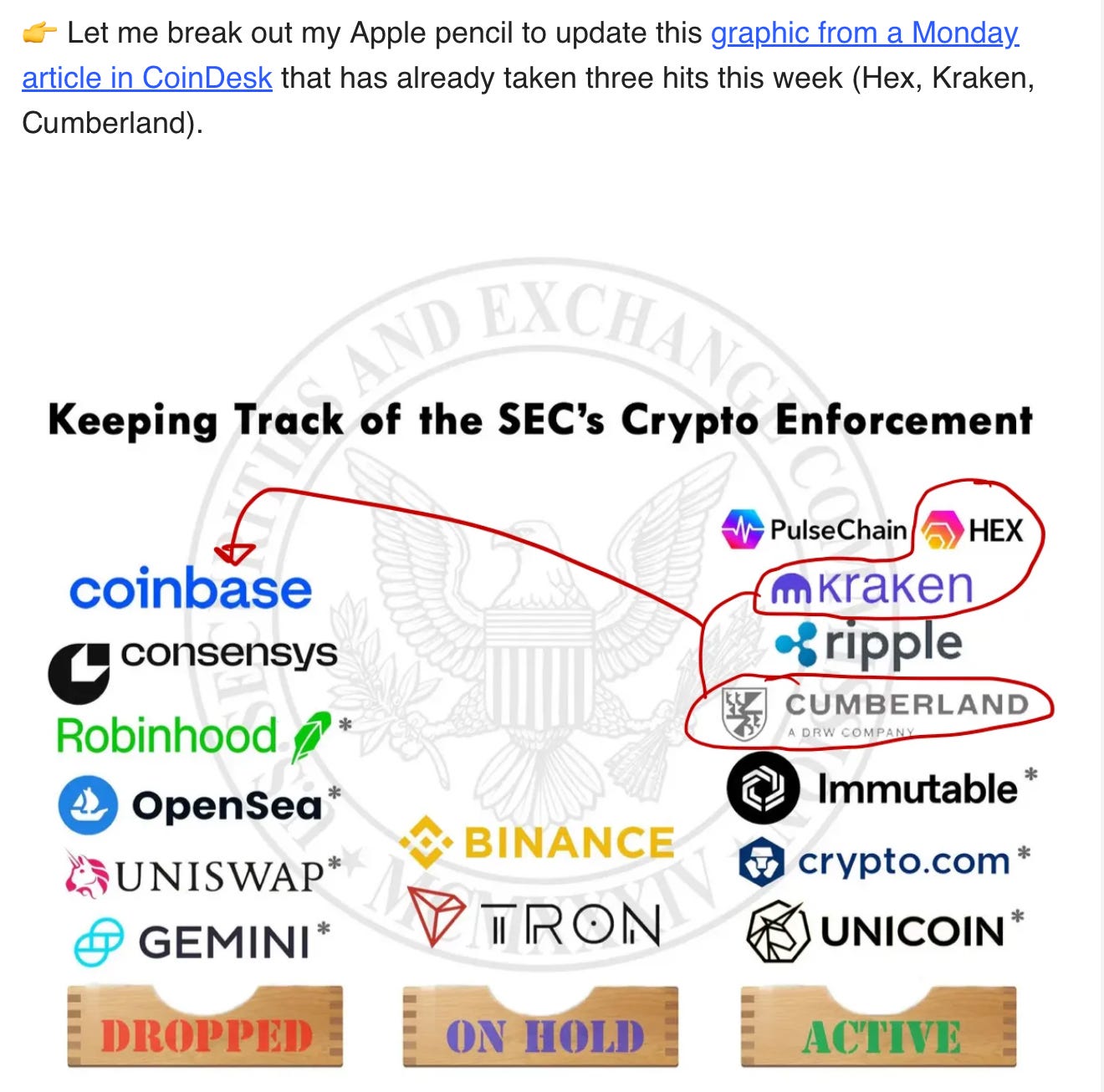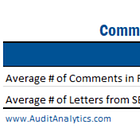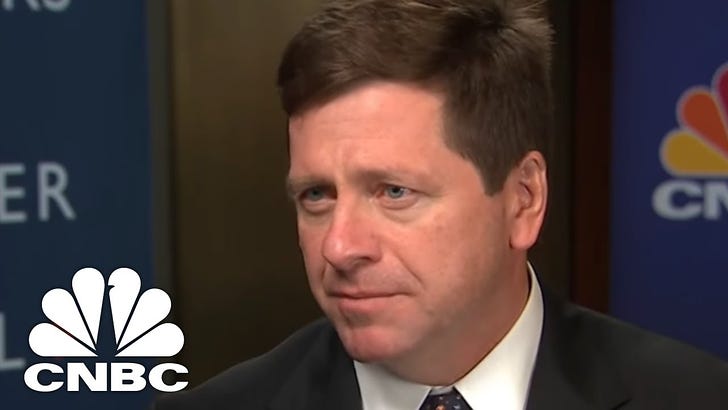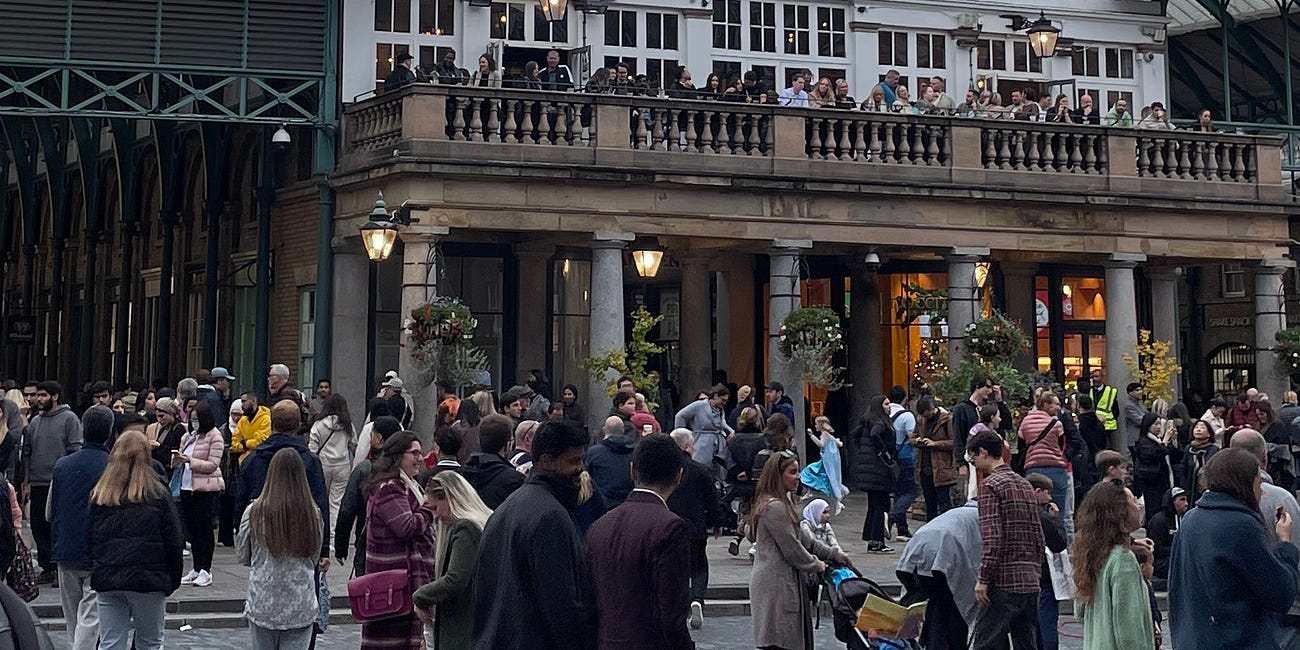Firehose: Some stories I am reading and commenting on
I left out some stories I am still working on so I could give you an update on crypto strategic reserves, cultural compliance, corruption, the Chicago Teachers Union, Carashoft, and CrowdStrike.
This paper argues that Peter Thiel advocates for the demise of democracy, and traditional capitalism, in his writing and speeches, in his teaching at Stanford, and in media interviews. His goal is to replace democracy, and capitalism, with a more effective system, based on the wisdom of a few individuals, or maybe even only one. Thiel’s promotion of audacious technological development to increase economic growth via innovation is not, in my opinion, intended to save democracy, or traditional capitalism. Thiel’s pseudo “Christian” libertarianism is actually a utopia trending towards totalitarianism. Francine McKenna July 2016
Bitcoin can’t be categorized on corporate balance sheets as cash/cash equivalents, according to GAAP. Why?
Because it is too volatile!
From the Bloomberg Market's Daily Newsletter on March 4.
Bitcoin hovered around $84,000 on Friday, after plunging 18% in the month of February. It spiked above $95,000 Sunday on the Trump posts and now is back below $84,000.
The rest of the crypto assets proposed for the Strategic Reserve are even more volatile!
Here's more from today's Bloomberg Markets newsletter section, entitled, "crypto Fizzle".
And what of the tokens mentioned by Trump in his initial post?
· XRP is the cryptocurrency associated with Ripple, a digital payments company run by Brad Garlinghouse. Ripple donated $5 million of XRP tokens to Trump's inauguration, which Garlinghouse attended.
· SOL and ADA are the native tokens of the Solana and Cardano blockchains. Solana is the blockchain of choice for issuers of so-called memecoins, including Trump's own self-titled coin.
· Cardano hasn’t claimed significant market share or trading volumes. Charles Hoskinson, co-founder of the company behind the Cardano blockchain, said in a podcast after Trump’s win that he had been helping US lawmakers to shape crypto policy.
· ADA, SOL and XRP have a cumulative market value of just $240 billion.
Beyond expressions of bafflement at the logic of the token selection — and of dismay from Bitcoin fans like the billionaire Winklevoss twins — there remain big questions about how any potential reserve would be funded, and whether taxpayer dollars are best spent on highly volatile assets. —Isabelle Lee and Philip Lagerkranser
The crypto strategic reserve is the most ridiculous idea yet out of this new administration. I am not the only person saying it. Here's David Z. Morris in his newsletter, Dark Markets, today.
The case for America building a Bitcoin reserve is … well, there really isn’t a case, because we print the world’s payment rails: USD. That status will be threatened by any boost to Bitcoin - a boost which the endorsement of a reserve would provide. For America, it’s a self-defeating gesture, because Bitcoin is largely a hedge against the fall of the dollar, specifically. Meanwhile, the dollar has plenty of weight to throw around if Bitcoin does start to look like a real macro threat. My professional colleague Nic Carter - notably a pro-Trump guy - has a more detailed rundown of this anti-Bitcoin reserve point.
So I already thought the idea of a U.S. Bitcoin reserve was misguided. But Donald Trump’s newly-announced, multi-asset Strategic Crypto Reserve is not merely a bad idea, it is a profoundly corrupt fraud. And not just in some broad notional sense of “fraud”! The assets named in the reserve (which to be clear probably won’t happen) would directly benefit David Sacks, yet another South African immigrant ruining our country. Sacks is co-founder of Craft Ventures, whose index fund contains precisely the five assets Trump suggested would be in the reserve. Sacks also happens to be Trump’s “Crypto Czar.”
So yeah, we’re just doing corporate welfare for shitty venture capitalists now.
And Molly White:
These assets were certainly not chosen at random, and give us some insight into who’s got the ear of the president (at least at the current moment).
Here's an update, courtesy of Coindesk and John Reed Stark, of all of the crypto-related enforcement actions now dropped by the SEC. (And another one bites the dust.) Update Wed March 5 from Bruce Carton at Securities Docket:
Here are some of the times I wrote about what, and who, was behind these enforcement actions and who went through the revolving door to defend them against the SEC.
Those that want to address these present and future crypto-adjacent firms legislatively or via consumer education or other means should keep a couple of things in mind:
1) The conflicts are obvious but the incestuous, cover all bets behavior is not. For example, Bybit — the exchange that lost $1.5 billion in a recent hack‑ counted Peter Thiel and Donald Trump as investors. However, Thiel also invested in Bullish, which also owns Coindesk, and in Vienna-based Bitpanda.
Thiel did not invest in Coinbase. He left that to Andreessen Horowitz A16z, which also covered its bets with investments in tons of other DeFi firms.
I mean Andreessen and Horowitz are everywhere!
Trump "Crypto Czar" David Sacks has investments in several of the entities considered for the Strategic Reserve via his fund, according to Coindesk. That is not only a conflict of interest with his role for the White House. It is also an example of how the crypto-preneurs have created networks of tangled investments that win no matter who goes down, as evidenced by the interaction between SBF's FTX and Terra/Luna.
They are all in it together.
Kind of reminds me of the firms that invested in both Uber and Lyft such as Fidelity, and how PwC audits both companies out of the same office.
2) Full financial statement audits are the only thing worth getting from new platforms, exchanges, defi start-ups, but those are worth less if they are performed by marginal firms or by firms in offshore locations. Insisting that the firm is PCAOB-registered has little value if the PCAOB goes bye-bye or is subsumed into the SEC and inspections are halted.
McKenna speaks at the Offshore Alerts 2022 London Conference
“Whatever you think of the underlying technology, there’s no denying that the crypto industry is rife with fraud,” said OffshoreAlert’s founder and editor, David Marchant. “It has created an abundance of opportunities for investigators and asset recovery specialists.”
PwC Advisory gets one year ban from Saudi Arabia
Here's what AFR says: (Gift link)
Saudi Arabia’s wealth fund has temporarily banned PwC from advisory and consulting services contracts, people familiar with the matter said, halting the firm’s progress in one of the world’s most lucrative markets.
Executives at the $US925 billion ($1.5 trillion) Public Investment Fund and its more than 100 subsidiaries have been told to stop handing out consulting projects to PwC until February 2026, the people said, declining to be identified as the information was confidential. The firm’s auditing projects would not be affected, they said.
The PIF did not explain the reasons behind the move in messages sent to its portfolio companies.
What's up with that? It seems there is very little reporting so far on the real reason for the ban.
Yeah, PwC has a long relationship with the Saudis. Too bad...
The Chicago Teachers Union and its auditor
My friend, the USA Today Housing Reporter Andrea Riquier, played straight man to my crowdsourcing attempt.
The links in the snap are here, here, and here.
I think this is a bigger story that a Chicago reporter should take up. What if Bansley and Kiener has gone AWOL because of their own troubles and it's not just a transparency problem but a "no audit at all" problem?
Behind the paywall you'll find a bit more about CrowdStrike, Carashoft, and the IRS.
















